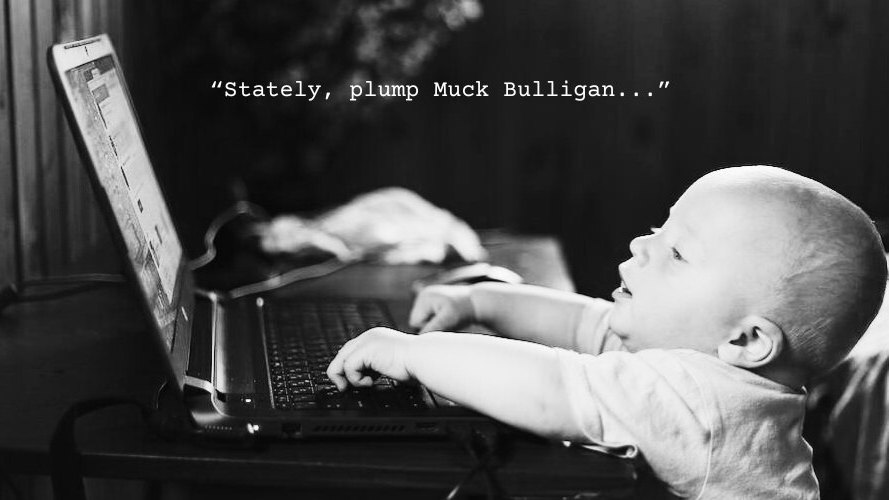Yes, it can be very stressful to publish a book, and young writers need more support.
An April report by the UK-based publishing site, The Bookseller, showed that more than half of the debut authors they surveyed said the experience of publishing a book adversely affected their mental health.
Further reporting from The Guardian reveals that (some) publishers have quickly responded:
This month, Anna Frame, communications director at the independent publisher Canongate, has confirmed the launch of two initiatives: an authors’ handbook in partnership with the Society of Authors (SoA) and a resource pack for publishers, in conjunction with English Pen. Canongate has also announced that it will publish fewer books so that it can dedicate more time to authors.
That last sentence is pretty interesting, as it acknowledges the tremendous workload placed upon publishing professionals—many of whom are chronically underpaid junior staffers—who are asked to bring more and more books out into an increasingly unstable and confusing publishing environment.
And when editorial staff are swamped, they will be less likely to consider the anxieties of the first-time author: it takes a surplus of empathy and emotional energy to remind yourself that what’s just another work day for you is, for the debut author, the culmination of years of self-doubt, rejection, and longing, a day that comes with enormous expectations of joy and catharsis.
I was alerted to this article by a particularly ungenerous Twitter thread basically suggesting these authors are one more example of a younger generation gone soft. The original poster frames the article like this
Extraordinary. First time authors complaining that publishers are stressing them out by publishing their books. I feel very old some days.
And goes on to clarify his position thusly:
[The article] entirely couched in terms of mental health and duty-of-care. And you might not expect to be handheld but some clearly do.
Unsurprisingly, the replies are filled with BoomerX energy (the two luckiest generations in human history, btw) about how debut authors should just shut up and deal with it (not to mention these writers were first asked to respond to a survey, and then asked by a reporter for comment). Here are a few of my favorites:
As usual the best advice is, “No one asked you to be a writer and no one will notice if you stop.”
My eyes are rolling so hard I might tear something.
This article made me clench my teeth so hard that I might need to prise my jaw apart with a crowbar to eat my lunch.
These up-and-coming new writers should just be grateful for their good fortune, as we know from public record they always were in the past [sarcasm?]
Excuse me while I get my electron microscope out to look for a violin.
She should try working in publishing if she’d like to know about stress
Well aren’t they precious. They don’t want to feel rejection. Were these people raised in an alternative universe where life is easy and fair?
I’m going to give some of my professional advice here for free: if it’s too stressful, go and do something else.
And of course, like clockwork, this classic form of the genre:
I remember very vividly my Italian grandparents, farmers, getting up at 3:30am to feed the animals, be in the fields at dawn, break their backs all day to make sure there was something to eat for dinner. I had my chores too. No work, no food. And no time to be stressed about it.
Look, I know it’s Twitter, which has a top-down philosophy that valorizes bullying-at-a-distance in the name of engagement but I must interject.
Why are people so fucking dismissive and cruel about the struggles of others? Is there a means test for feeling stressed out? For having anxiety?
I am old (47), and always wanted to be a famous novelist. I wrote short stories (published some), started novels (three), and finally, after decades of failure and rejection, sold an as-yet-unfinished nonfiction book. By any measure of my 25-year-old self, I have failed.
But what does that have to do with finding a little sympathy for the struggles of a 29-year-old debut novelist? I have some dear friends who are published novelists, some of whom “chose” the vocation so they could be left alone to do something they love, and who found sudden exposure to the professionalized world of corporate publishing disheartening and anxiety-inducing.
For most unpublished writers, for whom “being a writer” is a central and existential aspect of their identity, there is an expectation that the first book will change everything, will validate the decades of doubt and struggle and pull them upward into a new plane of existence, of satisfaction. This, of course, is not what happens. But finding it out first hand, I’m sure, can be a pretty disorienting experience.
So I’m glad that the publishing world in the UK is taking this seriously. We should be lifting up the younger generation of writers as they come of age in an era of never ending war, periodic plague, and climate doom. They actually have it a lot harder than us, you myopic prigs, so leave them alone.





